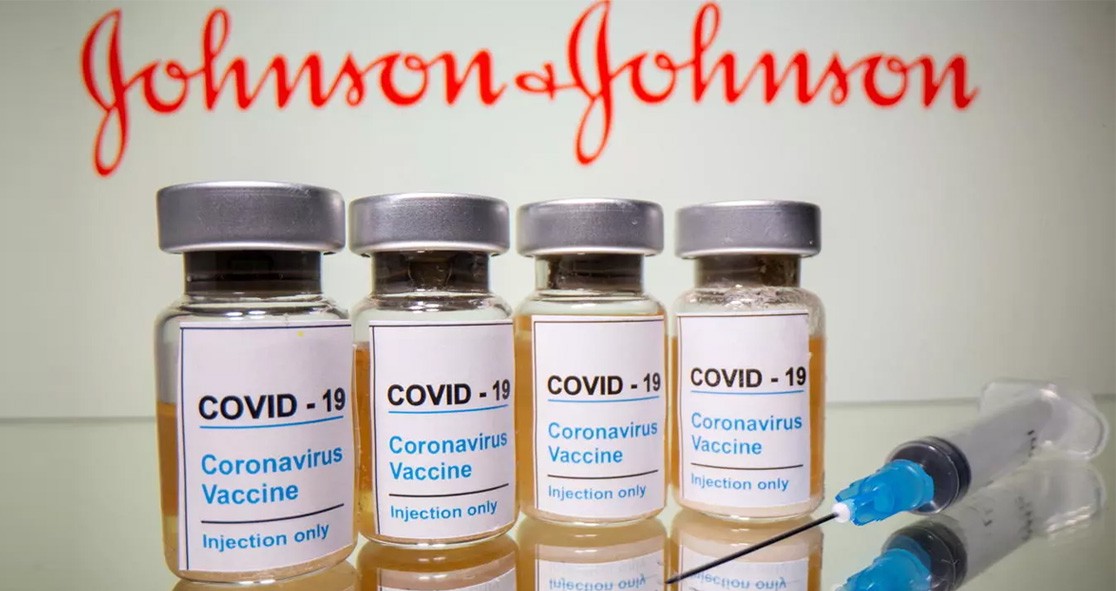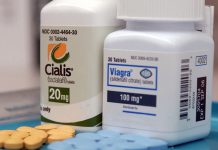Many unused Johnson & Johnson (J&J) vaccine doses are expected to go to waste as they are piling up on state shelves and about to expire, raising concerns among state health officials.
The piling-up of the doses is largely due to the U.S. Food and Drug Administration’s order in April suspending the distribution of the J&J vaccine because of safety concerns.
The health officials said enthusiasm for the J&J’s one-dose vaccine was dampened after the 11-day suspension.
Dr. Marcus Plescia, Chief Medical Officer, Association of State and Territorial Health Officials, said, public health authorities are aware of the fact that people in other countries are eagerly waiting for the J&J vaccine.
He expressed concern over a growing fear among his members that the vaccine doses could be expiring and may go to waste if no federal effort emerges.
“I think people feel ethically that you’ve got other countries with no vaccines and in dire shape,” Dr. Plescia said.
On Tuesday, healthcare adviser Andy Slavitt said at the White House COVID-19 Response Team briefing, “A very small fraction of doses that have been sent out to states” are at risk of expiring. “It’s not realistic to expect that not a single dose will go to waste.”
“Remember, those doses were ordered by states, delivered by states and should end up in people’s arms, and we are working aggressively through this month of action and other steps to try to get those doses into arms,” he added.
According to the U.S. Centers for Disease Control and Prevention (CDC) vaccine data tracker, more than 21 million doses of the J&J vaccine have been distributed, with more than 11 million doses have been administered.
Dr. Clay Marsh of West Virginia University said the state has 20,000 to 25,000 J&J vaccine doses nearing their expiration date.
“We are working with CDC, White House and State Department to see if there is utility in sharing these vaccines with others inside and outside of the United States,” said Dr. Marsh, who is the head of the state’s COVID-19 response team.
He added, “We know that a coordinated and centralized effort is needed, and even if we find these partners, navigating their supply chains and getting vaccines to the right places/people is not simple.”
Slavitt said that the FDA has been looking at how it might be able to extend the J&J vaccine’s shelf life.
In some countries, such as Haiti, with a population of 11 million, the number of cases is rising and no vaccines have been administered.
Racha Yehia, Managing Director, Care2Communities – the healthcare system in Haiti – said the one-dose J&J vaccine makes the most sense. She expects that most Haitians are hesitant to take the vaccine so encouraging them to return for the second dose would be tough.
“The second shot will be so hard to convince people to go back and get it, and it will save so much money if they can provide that one-shot opportunity,” she explained. The article was published on Today.























